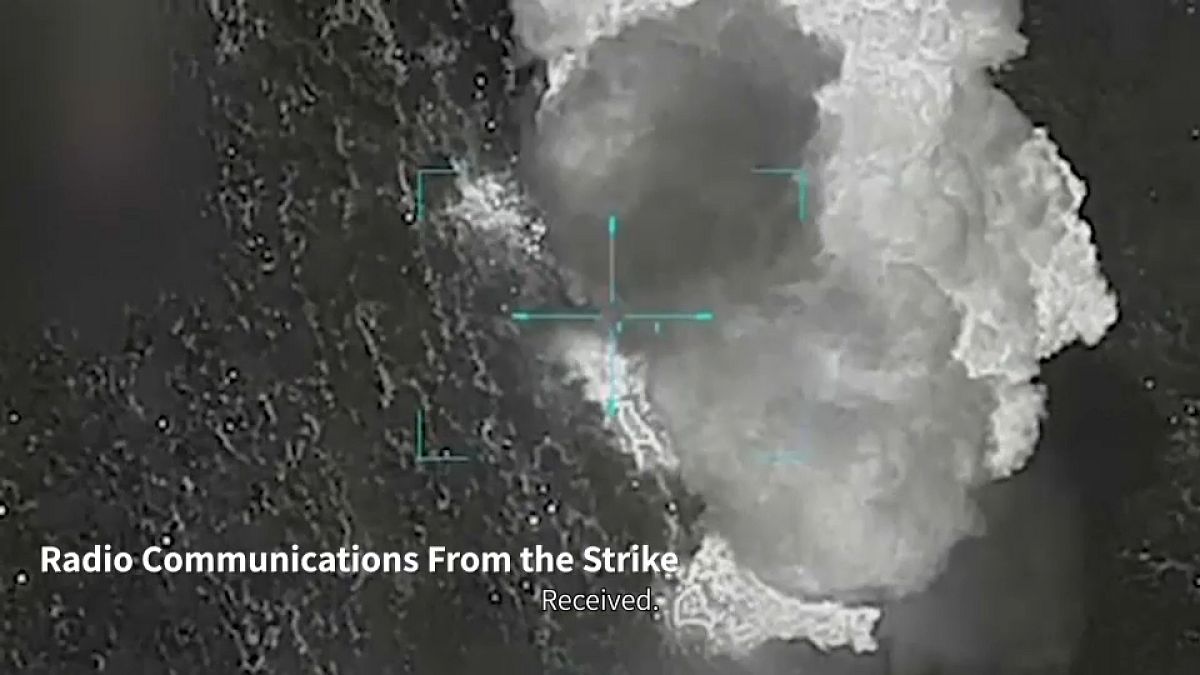The heavy exchange of fire that took place on Sunday between Israel and Hezbollah in Lebanon has raised concerns about the possibility of an all-out war that could involve the United States, Iran, and militant groups across the region. Israeli Prime Minister Benjamin Netanyahu has stated that the recent attack on Hezbollah missile positions in Lebanon is only the beginning of a larger conflict. Israel launched a series of air strikes in southern Lebanon in response to Hezbollah’s alleged attempt to attack Israel with rockets and drones. Netanyahu claimed that the pre-emptive strike was necessary to remove the threat posed by thousands of short-range rockets intended to harm Israeli citizens and forces in the Galilee.
The escalation of violence between Israel and Hezbollah could have serious repercussions for ongoing ceasefire efforts in Gaza. The Israeli military has been engaged in a prolonged conflict with the Palestinian group Hamas, which is an ally of Hezbollah. Despite recent peace talks in Cairo, both Hamas and Israel have failed to reach an agreement, with each side blaming the other for the lack of progress. Hamas has accused Netanyahu of imposing new conditions and being unwilling to engage in serious negotiations. On the other hand, Netanyahu has reiterated that the war in Gaza will not stop until Hamas is completely defeated, regardless of any potential ceasefire agreement.
Hezbollah leader Hassan Nasrallah has stated that the group’s retaliation against Israel for the killing of one of its top commanders in Beirut last month was delayed to allow for negotiations aimed at ending the aggression in Gaza. However, the failure to reach a ceasefire agreement in Gaza has raised concerns about the potential for further escalation between Israel, Hezbollah, and other regional players. Efforts to forge peace in Gaza are further complicated by the involvement of the United States, Iran, and other mediators, with talks continuing at lower levels in an attempt to bridge remaining gaps and reach an implementable agreement.
Despite initial optimism surrounding ceasefire talks in Cairo, the recent round of negotiations between Hamas and Israel has stalled, with both parties unable to agree on proposed compromises. An anonymous US official has described the talks as “constructive,” with all parties working towards a final resolution. However, the continued disagreement between Hamas and Israel regarding the terms of a ceasefire has further exacerbated tensions in the region. The involvement of Hezbollah in the conflict has added another layer of complexity, with the potential for a wider regional conflict involving multiple countries and militant groups.
The situation in the Middle East remains highly volatile, with the recent exchange of fire between Israel and Hezbollah serving as a reminder of the fragility of peace in the region. The escalating violence has raised concerns about the potential for a wider conflict that could draw in major powers such as the United States and Iran. The failure to reach a ceasefire agreement in Gaza has further complicated efforts to de-escalate tensions, with both Hamas and Israel showing a willingness to continue the conflict until their respective goals are achieved. The involvement of Hezbollah in the conflict adds another dimension to the crisis, with the potential for further violence and instability in the region.











